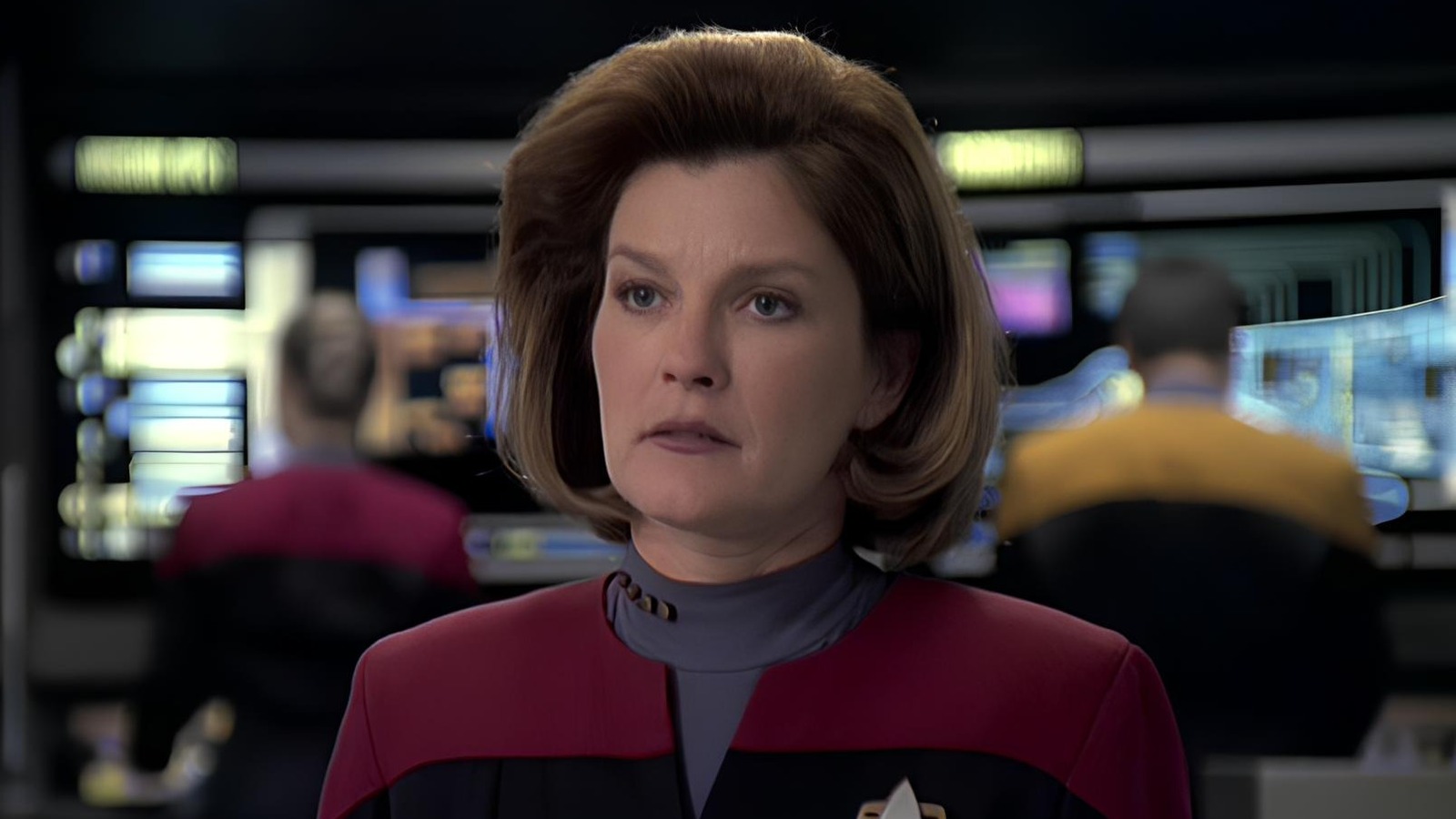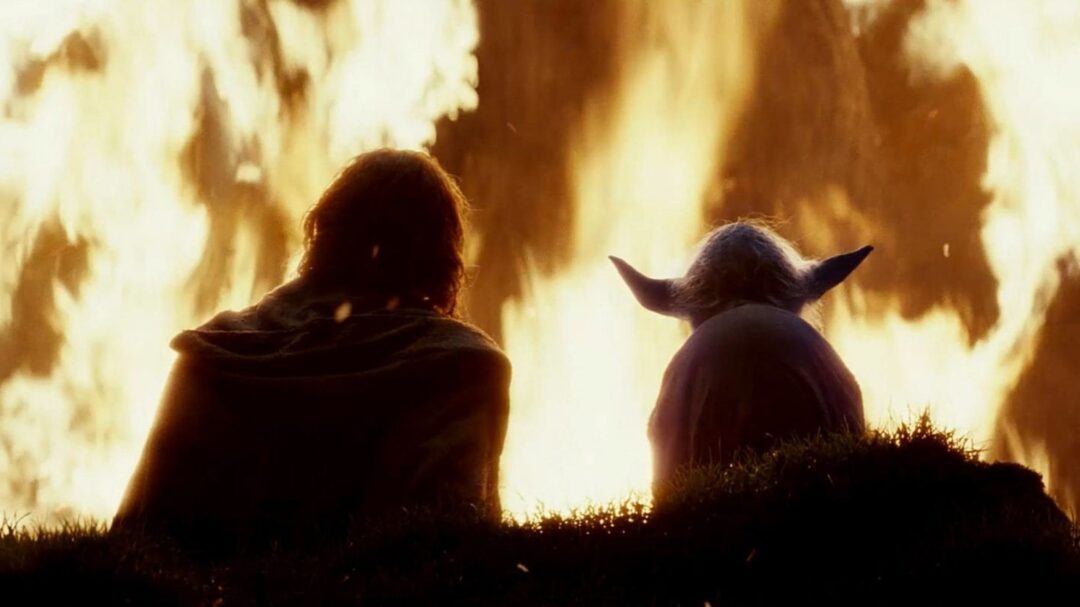Whenever a show doesn’t quite hit the mark, the studios always reach for a familiar crutch and decry “toxic fandom”. Nobody is saying that this kind of fandom doesn’t exist in fairly limited numbers, but it is quite clear that it is just a lazy excuse for creatives who seem staggered to realize that their attempts to reshape well-loved intellectual property through the lens of their own worldview aren’t quite landing in the market.
Every criticism is a toxic fan, every negative review a “review bomb”. It never occurs to them that maybe, just maybe, they delivered a piece of shit.
As they become more shrill in their defense, it almost always takes on the hectoring tone, the entertainment equivalent of them rubbing their own crap in our eyes while screaming at us that it is for our own good, and if we don’t like it then we are the problem.
Now a feature piece in Variety has covered this phenomenon in more detail and, surprise surprise, there is absolutely no hint of acceptance of any culpability on behalf of the creatives. It is not the products, it is the fans.

The article starts with a quote from Amandla Stenberg, the lead of the Star Wars series The Acolyte. She says:
“It’s not a huge shock for me. We started experiencing a rampage of, I would say, hyper-conservative bigotry and vitriol, prejudice, hatred, and hateful language towards us.”
The article goes on to highlight the increasing financial reliance on big franchises, and talks of the issues that come with that. These franchises have deeply embedded fans who know their lore, their canon and their history.
The article highlights this as an issue, and then spectacularly misses the point. The issue is that fans know the “product” better than the creatives who they cycle through to work on this stuff. When fans express dissatisfaction it is not always toxicity, it is from a place of wanting good outcomes for their beloved franchises.
There are some idiots out there, but the vast majority of fans are not fuelled by hatred, ready to spew vitriol. They are simply fans who are invested in something and wish the creatives had the same sense of affection and respect for properties.
No Star Trek fan had an issue with a woman in command of the USS Voyager, or a black man running Deep Space Nine, because those shows were respectful of the canon, taking their place inside the established lore rather than burning it to the ground to prove a point.
Captain Janeway didn’t deliver monologues on her command ability being superior because of her reproductive organs. She was just damned good at her job and in that chair on merit.

The article references Star Trek directly, and John Van Citters, a VP of Star Trek brand development since the 1990s, actually highlights that the truly vitriolic fans are actually in the minority, but the internet has amplified them:
“Those who come after things that they espouse to love with venom are a really, really tiny subset of that already smaller subset of fandom. It’s just much easier to see it now. I don’t know that it’s really that much broader than where things were in 1995 – it’s just that the bullhorn wasn’t there.”
Another, named TV executive talks about how studios react to online commentary and their perceived “toxic fans”:
“Particularly when it’s a negative, toxic conversation, we don’t even engage. Like with toxic people, you try to not give it too much oxygen.”
What about positive feedback? The same executive says:
“We’ll reply to comments that are positive and elevate those things.”
There does seem to be some sense in the article, with one executive (clearly destined for big things) suggesting that they avoid provoking fandoms in the first place. To this end, they admit that several studios now have another layer of testing over the standard focus groups. These are the groups of superfans that they give early access to in order to gauge the potential for backlash:
“They’re very vocal. They will just tell us, ‘If you do that, fans are going to retaliate.’”
The unnamed Exec says they have even altered projects due to this feedback:
“If it’s early enough and the movie isn’t finished yet, we can make those kinds of changes.”
So if they are now becoming more self-aware regarding IP and fandom, and the reality of these so-called “toxic fans” what are the studios going to do about actors who don’t seem to realize that nobody is interested in their opinions on wider matters, and whatever they say they are going to upset about 50% of the world?
The article states that they often put their talent through a social media boot camp and, in some cases, when a character is intentionally challenging a franchise’s status quo, studios will, with the actor’s permission, take over their social media accounts entirely.




